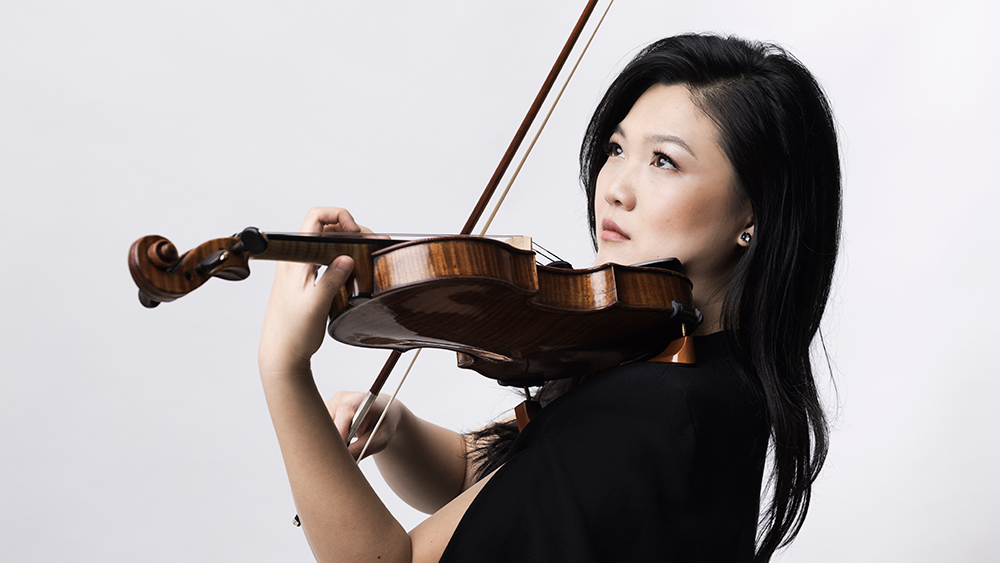5 minutes with ASO’s Artist in Association Emily Sun
- Meet the Artists
- Musician Spotlight

Before she takes to the stage at Symphony Series 2 – Horizons this weekend, ASO’s Artist in Association Emily Sun shares with us what makes live music so special, and what sparked her passion for music.
What is your emotional connection to music?
We all have an emotional connection to music. For me, music is one of the purest forms of human expression. When we hear a piece of music, it might take us back to a particular moment or feeling – the music can bring all of that rushing back. Music can also teach us to empathise with one another – when you live through the music, you are trying to live through the composer and with other musicians, understanding and listening to each others story and imagination. To really experience that deeply, no matter where they are from or where they live; is truly amazing. Music is a universal language.
What makes the experience of live music special?
Nothing can replicate the excitement of a live music performance. Inevitably, the same piece of music can never be replayed exactly the same way, even if it’s played by the same people. As a performer, we might feel the same music in a different way, a different nuance on a particular night to a particular audience. Experiencing that one special moment in a phrase, in a piece of music that can never be the same again to be there in that moment in the audience or on stage is something that is really magical. We cannot underestimate the importance of the audiences in live performance, who are the ones who inspire us the most with their energy and intention!
Do you come from a musical family? What sparked your passion for music and in particular the violin?
My father, Daniel Yi Sun, was a prominent composer and lecturer of the Central Conservatory of Music, Beijing – he was the first generation to enter the Conservatory as a student after the fall of the Cultural Revolution in China, and his classmates included luminaries such as Tan Dun and Chen Yi. Before he became a composer, he was originally a violinist – during the Cultural Revolution when Western music was banned, the only way my father could practise Tchaikovsky and Beethoven would be to hike to the top of a deserted mountain where no one could hear him play – otherwise he would be charged as a traitor and thrown in jail! I grew up around music; my sister played the cello and I wanted one too, so I was given a tiny violin.
Tell us about your violin
I play on a 1760 Nicolò Gagliano, generously loaned to me by Beares International Violin Society in London. It is a fine example of the Neapolitan tradition and Nicolo’s craftsmanship, which were often mistaken for work by Stradivari. The higher registers soar with brilliant clarity, and the lower strings have a dark and rich timbre. I previously played for many years a beautiful Australian violin, made by A E Smith.
Musicians often describe their instruments as becoming an extension of yourself, do you agree or disagree and why?
I absolutely agree! Without the instrument, as violinists, we don’t have a voice. The sound we create is our only form of communication we have with our audiences during performance. Physically, the sensation of the violin tucked so closely under our chin and the contact of fingers on the bow, it must feel as close to an extension of our body as possible – an invisible line between the soul and hands.
Is there anything else you’d like to add?
To our audiences – I hope that you will come and enjoy our music with us, we will pour our hearts and soul into every note to create moments which we hope you won’t forget!
